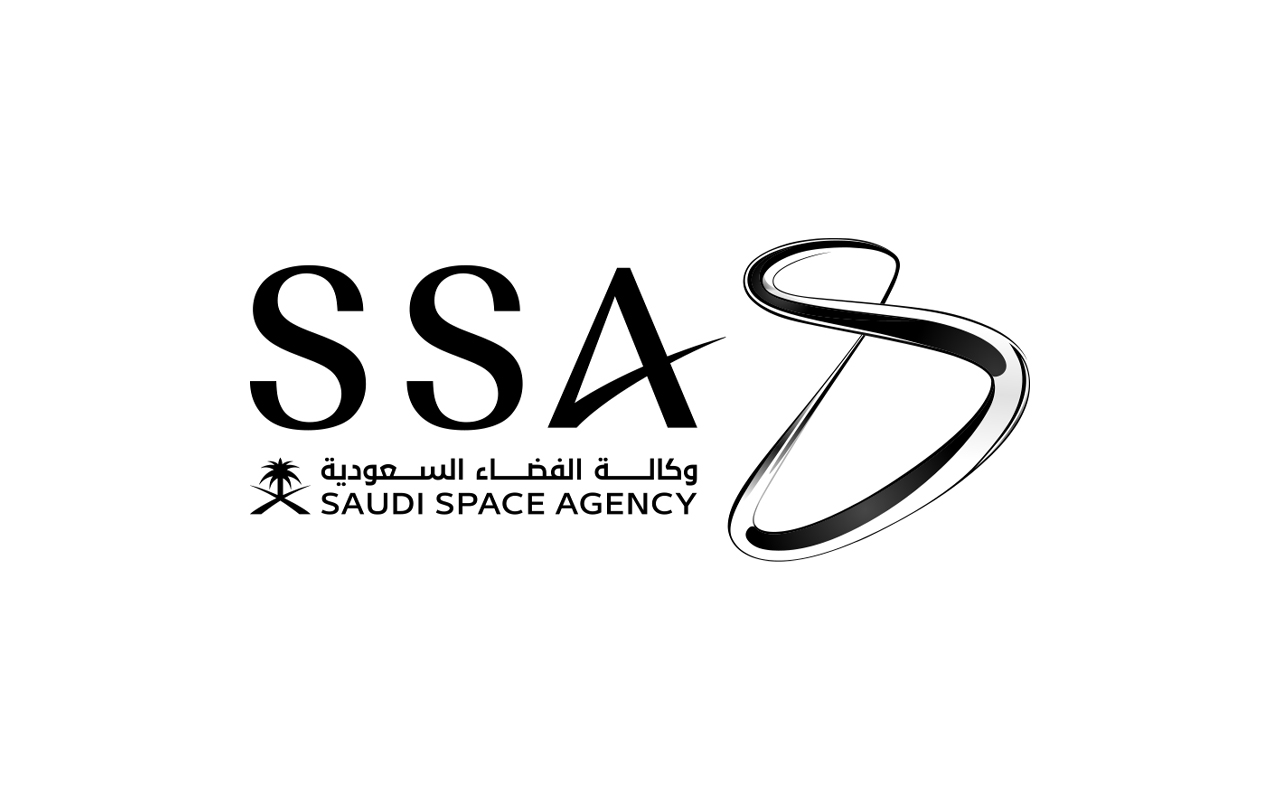Human Space Flight Program
The Human Space Flight (HSF) Program aims to train and qualify Saudi cadres to undertake space missions. The Saudi Space Agency launched the program on September 22, 2022. Its first mission into space was in 2023, featuring a crew comprising one male and one female Saudi astronaut.
The HSF Program seeks to engage in future space missions, leverage promising opportunities in the space sector and industry globally, and contribute to research that benefits humanity in primary fields such as health, sustainability, and space technology.
HSF Program objectives
The HSF Program aims to qualify Saudi capabilities to undertake space missions, contribute to research and experimentation in the space sector, leverage promising opportunities, and partake in research that benefits humanity through space technology and sustainability.
Additionally, the program intends to enhance the status of the Kingdom in the space field, develop its human and industrial capabilities, stimulate innovation and excellence, foster collaboration among national and international space entities, and qualify skilled Saudi cadres to undertake long and short-duration space missions, participate in scientific experiments and international research, and contribute to forthcoming space missions.
The significance of the HSF Program lies in its ability to raise awareness and interest in the fields of science, technology, engineering, mathematics, and innovation, as well as nurturing a culture of innovation. Previous manned space missions have contributed to groundbreaking global innovations, such as laser technology, breathing apparatus, and air purifiers. Additionally, the program has played a crucial role in developing human capital, attracting and developing talent to contribute to the growth of the space sector, while also offering potential commercial returns as a result of the program's success. Manned space missions are considered a key indicator of a nation's advancement and global prowess in several fields, such as technological and engineering development and scientific research and innovation.
